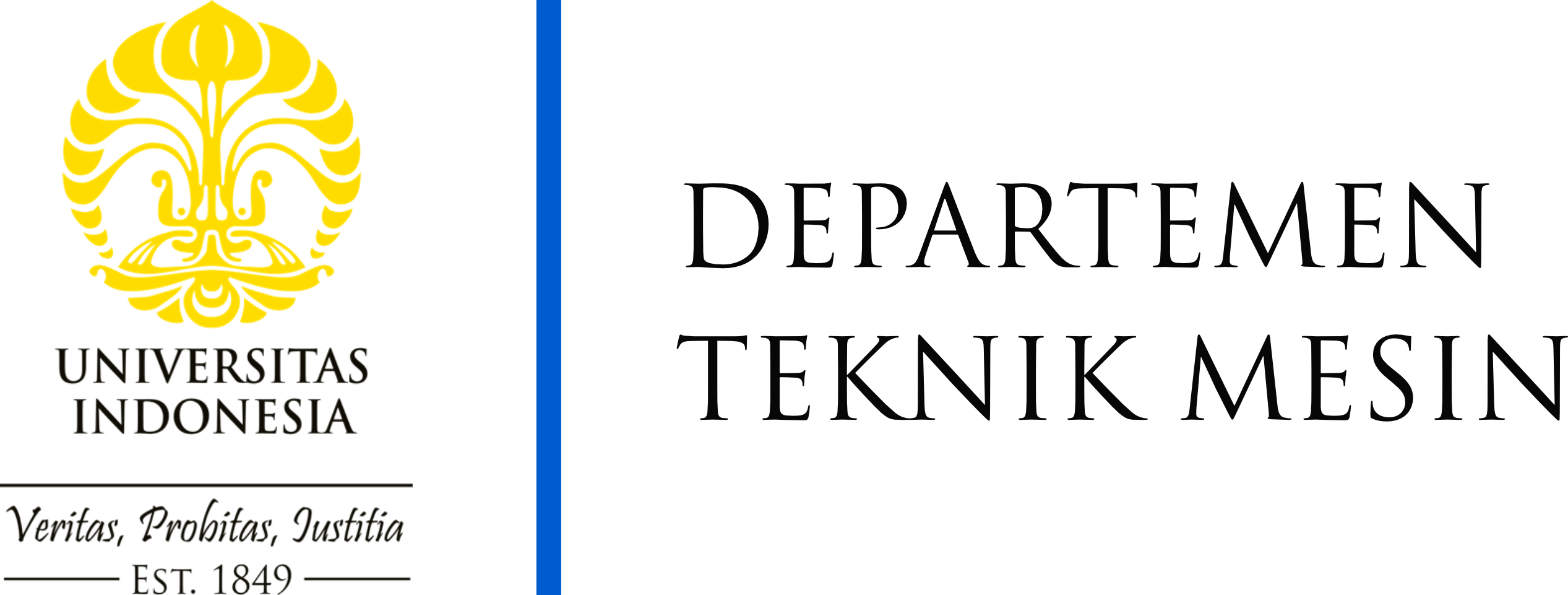dhiputra_made@yahoo.com
1977 – Mechanical Engineering, Universitas Indonesia
1983 – Technische Termodynamik, Universität Karlsruhe, Germany
1998 – Mechanical Engineering, Universitas Indonesia

Information dissemination regarding the analysis of characteristics of fuels like LPG or DMG for domestic purposes is very crucial since it is one of the key factors of reducing the risks of accidents due to the insufficient information.
Dimethyl Ether appears as an alternative fuel candidate to replace one of the most widely used fuels, Liquefied Petroleum Gas (LPG). DME is a renewable source of energy having properties similar to LPG. However, different information about the flame stability between a DME and an LPG requires public attention.

In this research, the fire characteristics and potentials that need to be paid attention to in its use were analyzed. For example, with different combustion speeds, stoves designed to be used in a DME and LPG fuels had also to be distinguished such as in the shape of their burner, grid heights, and nozzle diameters. Therefore, it was necessary to notice that when the DME was used as the stove fuel for domestic activities, was it still safe to keep using a stove designed for the LPG?

By analyzing different fire characteristics, we have to conduct a study on the design, preparation method stove examination with the DME fuel since they serve as a basis for technical requirements and an assessment of the stove’s quality and safety widely used for both domestic and economic activities. A study on combustion characteristics plays a very crucial role in supporting regulations regarding the use of stoves recommended to the community.
We need to disseminate information to the public on different characteristics of both fuel types massively and intensively to avoid any hazard risks. For instance, the public has to know how-to manuals and user guides of the stove and rules of the use and maintenance. Available and correct information on understanding the management of a specific fuel type is required to reduce any accident risks.
